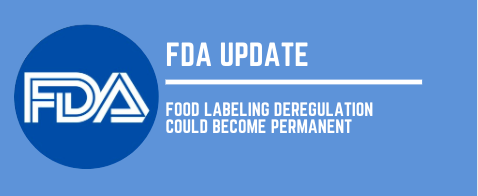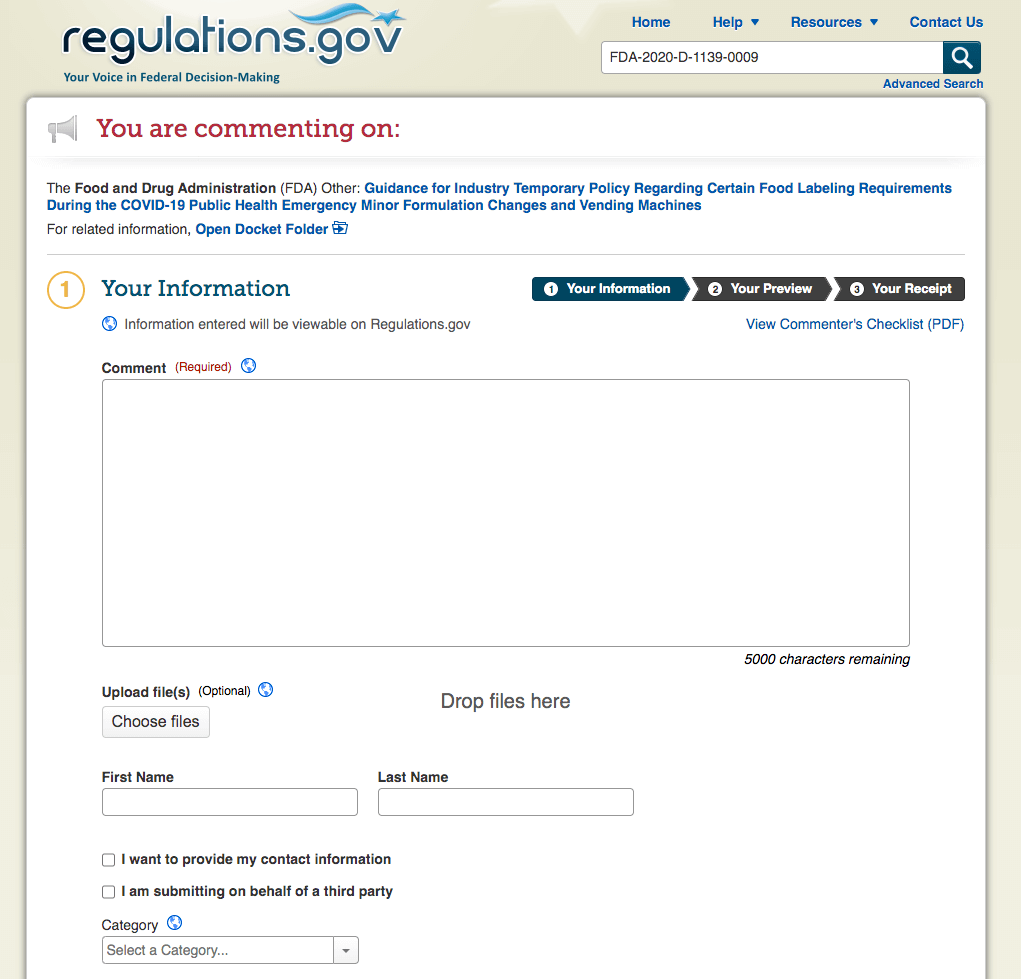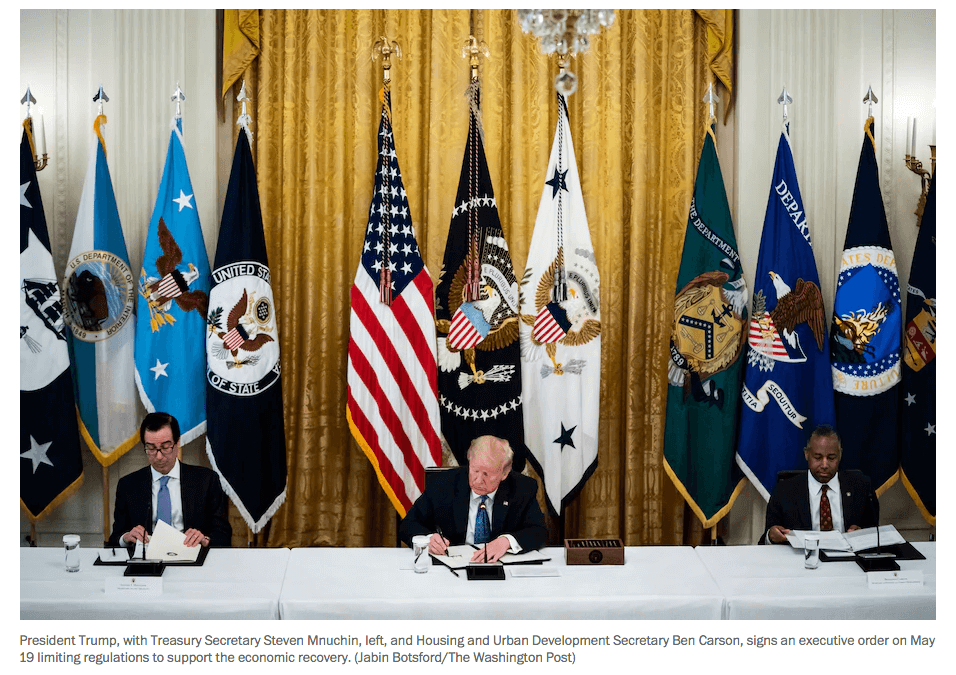Last Updated on January 23, 2021 by Colleen

FDA’s New “Look the Other Way” Guidance Could Become Permanent
The request for FDA food labeling change likely came from the White House, more so than the food industry, and may not be temporary.
You can stop scratching your head wondering which companies requested the FDA food labeling flexibility that allows them to make off-label ingredient changes to their products (see FDA guidance May 2020). As more companies go public stating they will not make off-label ingredient changes, I am increasingly convinced the FDA’s move has less to do with actual supply chain emergencies than with a political goal to deregulate consumer protections in favor of businesses across the board. A report in the Washington Post yesterday suggests this is likely correct.
Regardless of your opinion of regulations in general, if you have a health-related dietary restriction outside the top 8 food allergies, gluten and a few other notable exceptions, this broad “look the other way” FDA guidance has brought unnecessary anxiety and potential danger to your doorstep. I say “potential” because I can’t imagine a company actually making an off-label substitution to their ingredients, even if they are allowed to do so.
According to a June 5 report in the Washington Post, the White House has been pressing federal agencies like the FDA to dismantle regulations for some time and is now using Covid as a reason for doing so outside the regulatory process. In May, President Trump issued an executive order formalizing it.
“President Trump formalized this strategy two weeks ago when he signed an executive order instructing agencies across the government to rescind, modify or simply stop enforcing regulations if they burden the economy.”
The Washington Post reports further that the Administration is moving to make as many as 600 of those Covid-related temporary, emergency deregulatory measures permanent.
“The White House will seek to make many of those roughly 600 deregulatory actions permanent, according to a former White House official speaking on the condition of anonymity to discuss internal deliberations.”
Whether temporary or permanent, the FDA’s official “look the other way” position on labeling accuracy is life-threatening for some consumers with food-related health conditions and allergies. It’s also bad for business.
Why Food Companies Should Oppose the FDA’s Food Labeling Flexibility
Admittedly, I founded my company ZEGO on the principle that consumers have a right to know what is in their food. We are hyper-focused on transparency, to the point of publishing test results by-product for over 400 pesticides and other chemical residuals that can be in food. But all food companies, no matter the size or mission, want their labels to be accurate for many reasons.
-
A food company’s worst nightmare is that a product we made harms someone’s health. An inaccurate ingredient list sure way to make that nightmare a reality.
-
Food companies need consumers to have confidence that all foods manufactured in the U.S. will have accurate ingredient lists so they feel comfortable buying our U.S. made products.
-
If consumers do not have confidence in labeling accuracy, each food company will have to defend the accuracy of each of its product labels, opening up a new wave of customer service needs.
-
With exports, undoubtedly there will be extra paperwork U.S. companies will have to fill out stating we have not made off-label substitutions to the products we are exporting because the importing country won’t be able to trust our labels either.
In this time of civil unrest and the Covid-19 pandemic, it’s hard to keep your eye on any one ball. But for those in the food industry and those with health-related dietary restrictions, we cannot let this new guidance go without deluging the FDA with comments opposing it. In fact, anyone who cares about clean food, organics, bio-diversity, regenerative agriculture, GMO, and any other transparency movements to bring about a cleaner, more nourishing food system needs to file public comments opposing this move to decrease transparency in labeling.



